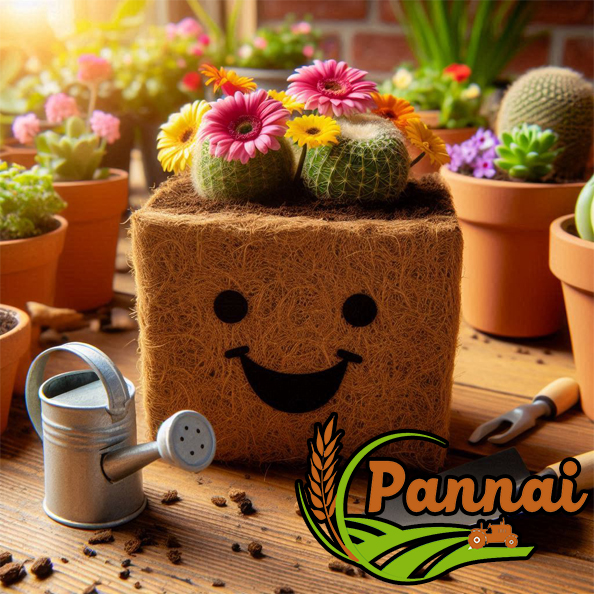
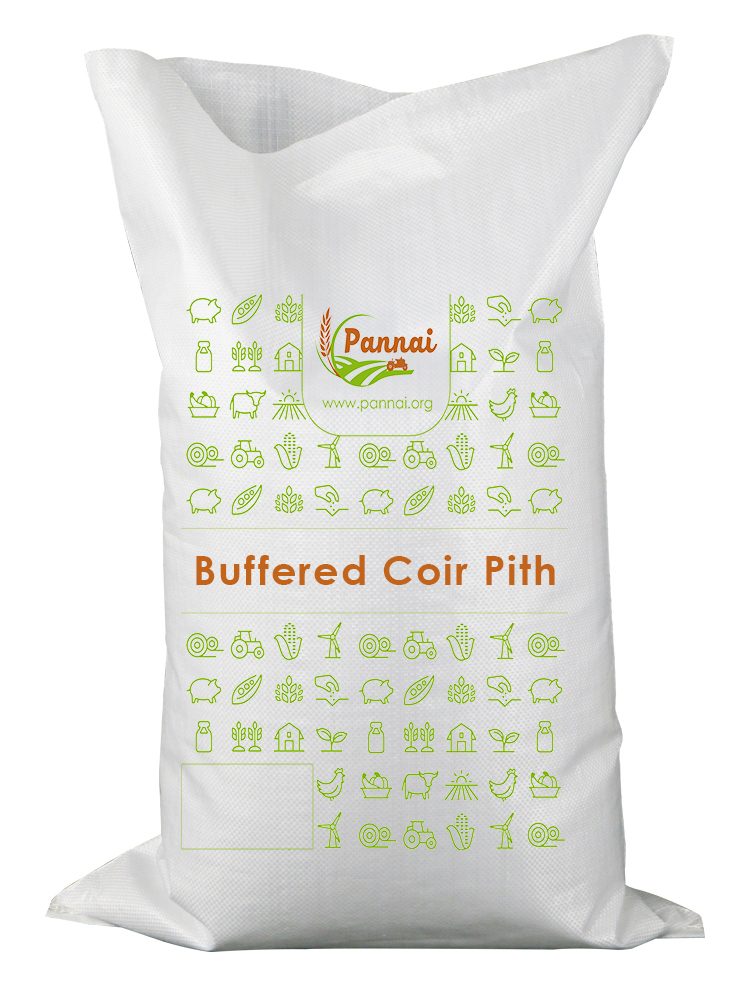


Buffered Coir Pith
-
Rs418.95
-
Rs313.95
-
Rs313.95
-
Rs313.95
-
Rs313.95
Reviews & Ratings
Buffered Coir Pith
Agriculture has long sought sustainable and efficient methods to enhance soil quality and crop yield. Among various alternatives, buffered coir pith has emerged as a highly promising organic substrate. Derived from coconut husks, coir pith offers an environmentally friendly option for soil amendment and hydroponic growing mediums. Its buffering process further enhances its properties, making it a valuable resource in modern agriculture.
What is Coir Pith?
Coir pith, also known as coco peat, is a byproduct of the coconut industry. When coconuts are processed for their fibers, a spongy material known as pith is left behind. Traditionally considered waste, coir pith has found new life in agriculture due to its unique characteristics. It is lightweight, has a high water retention capacity, and is rich in organic matter, making it ideal for soil conditioning.
The Need for Buffering
Raw coir pith contains high levels of sodium and potassium, which can be detrimental to plant health. Additionally, its natural pH level may not be suitable for all types of crops. To overcome these challenges, the coir pith undergoes a buffering process. This involves washing the material with water or a calcium solution to remove excess salts and stabilize the pH level.
Benefits of Buffered Coir Pith
Enhanced Water Retention: Buffered coir pith can retain up to eight times its weight in water. This high water retention capacity ensures that plants have consistent access to moisture, reducing the frequency of irrigation.
Improved Soil Aeration: The fibrous structure of coir pith helps maintain soil aeration, promoting healthy root development. Good aeration prevents soil compaction, which can hinder plant growth.
Balanced pH Levels: The buffering process neutralizes the pH of coir pith, making it suitable for a wider range of crops. Most plants thrive in a slightly acidic to neutral pH range, which buffered coir pith typically provides.
Nutrient Availability: By removing excess salts, buffering ensures that essential nutrients are more readily available to plants. This improves overall nutrient uptake and enhances plant growth and yield.
Sustainability: Coir pith is a renewable resource, sourced from the coconut industry. Utilizing this byproduct reduces waste and offers an eco-friendly alternative to peat moss, which is often harvested from ecologically sensitive peat bogs.
Disease Suppression: Coir pith has natural antifungal properties, which can help in suppressing soil-borne diseases. This reduces the need for chemical fungicides, promoting organic farming practices.
Applications in Agriculture
Soil Amendment: Buffered coir pith is an excellent soil amendment, improving the physical properties of soil. It enhances water retention, drainage, and aeration, making it ideal for use in gardens, lawns, and agricultural fields.
Hydroponics: As a growing medium, buffered coir pith is highly effective in hydroponic systems. Its ability to retain moisture and provide a stable pH makes it suitable for soilless farming, supporting the cultivation of a variety of crops.
Seed Starting: Coir pith is often used in seed starting mixes due to its fine texture and moisture retention capabilities. It provides an optimal environment for seed germination and early root development.
Container Gardening: For urban gardening enthusiasts, buffered coir pith is a lightweight and efficient medium for container plants. Its ability to maintain moisture and support healthy root growth makes it ideal for pots and planters.
Buffered coir pith stands out as a versatile and sustainable solution in agriculture. Its ability to improve soil quality, retain moisture, and provide a balanced pH makes it an invaluable resource for farmers and gardeners alike. As the agricultural sector continues to seek eco-friendly alternatives, buffered coir pith offers a promising path towards more sustainable and productive farming practices. Embracing this natural byproduct not only supports plant health but also contributes to a more sustainable and environmentally conscious approach to agriculture.
Related products
Organic Manure 5KG
PROM 5KG
Organic Soil Conditioner 5KG
Organic Vermicompost 5KG
Cow Dung Manure 5KG
Natural Bone Meal 5KG
Organic Potting Mix 5KG
Goat and Sheep Manure 5KG
-
Rs418.95
-
Rs313.95
-
Rs313.95
-
Rs313.95
-
Rs313.95
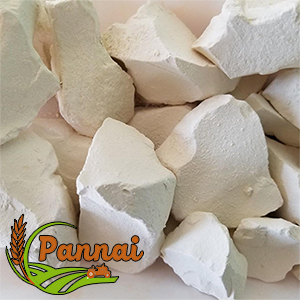
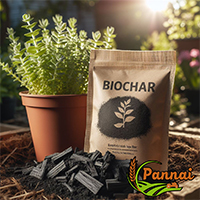
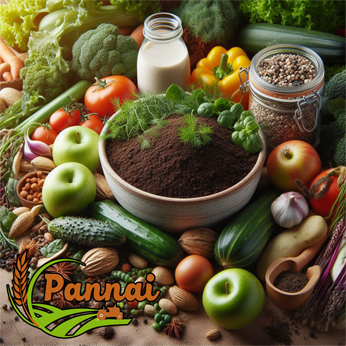
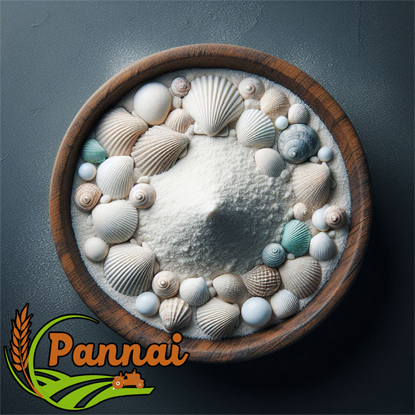
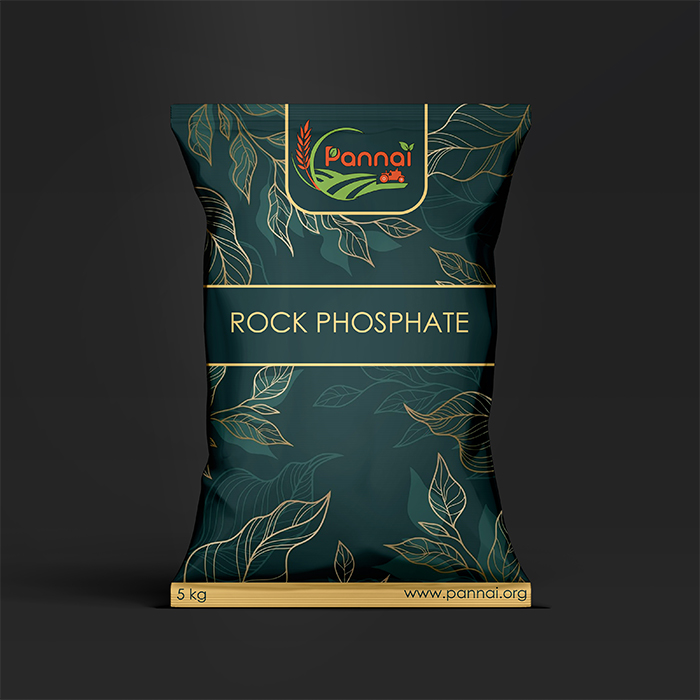

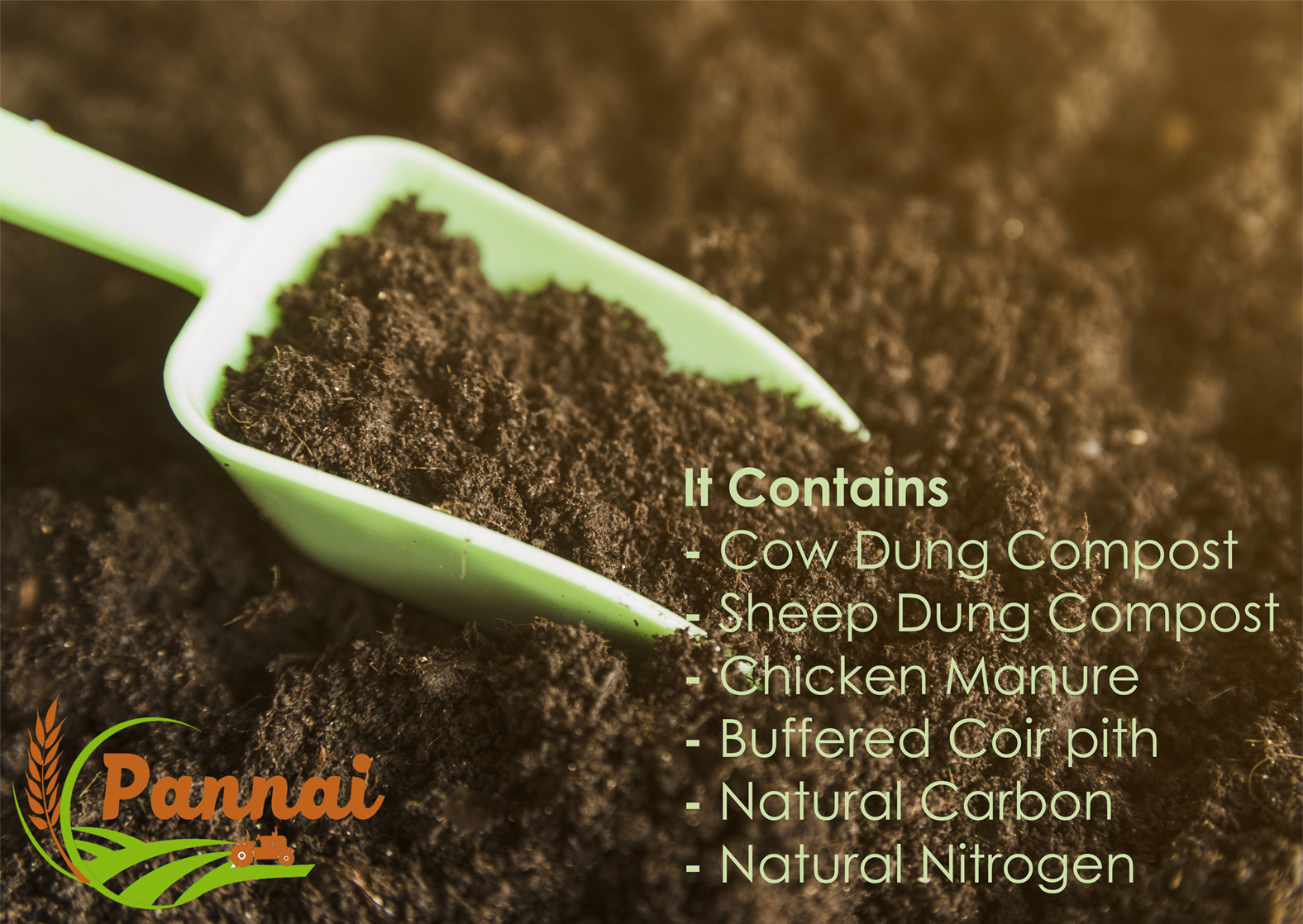
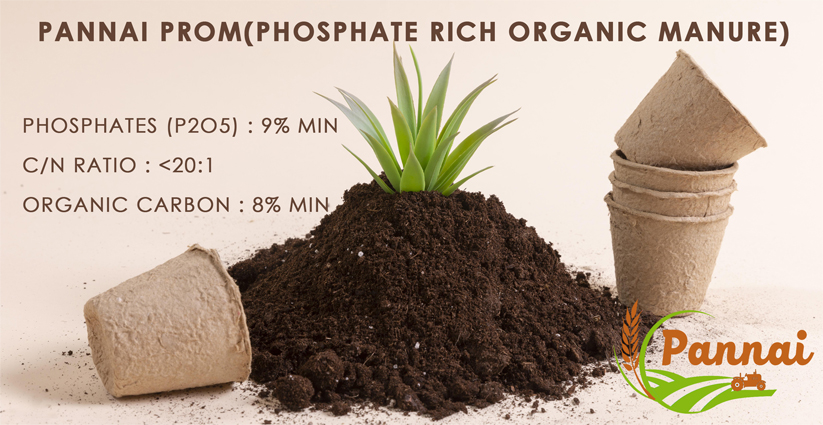
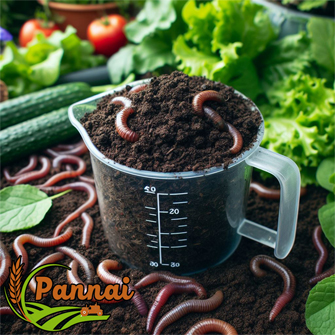
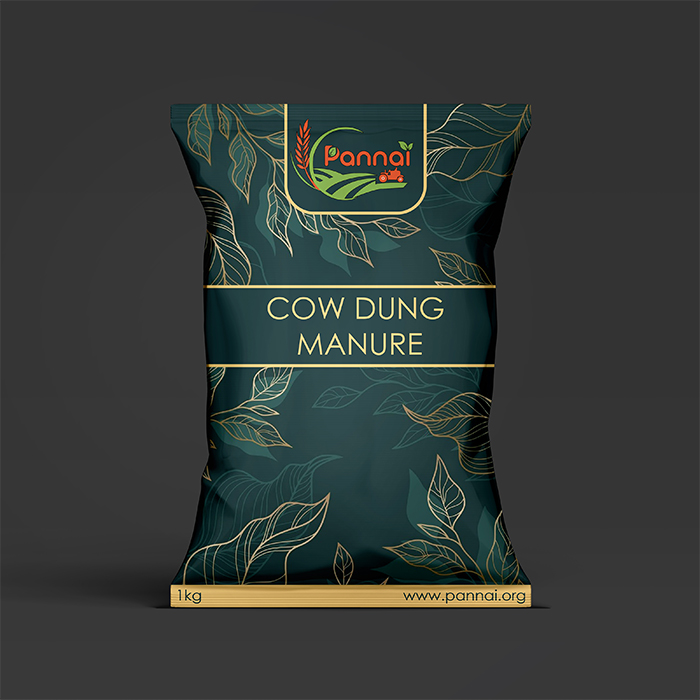
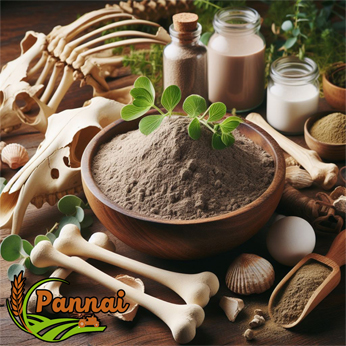
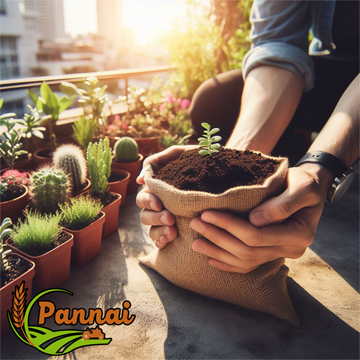
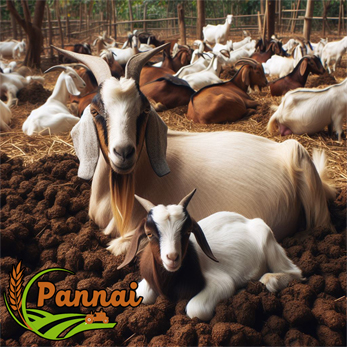
 Sign in with Google
Sign in with Google

